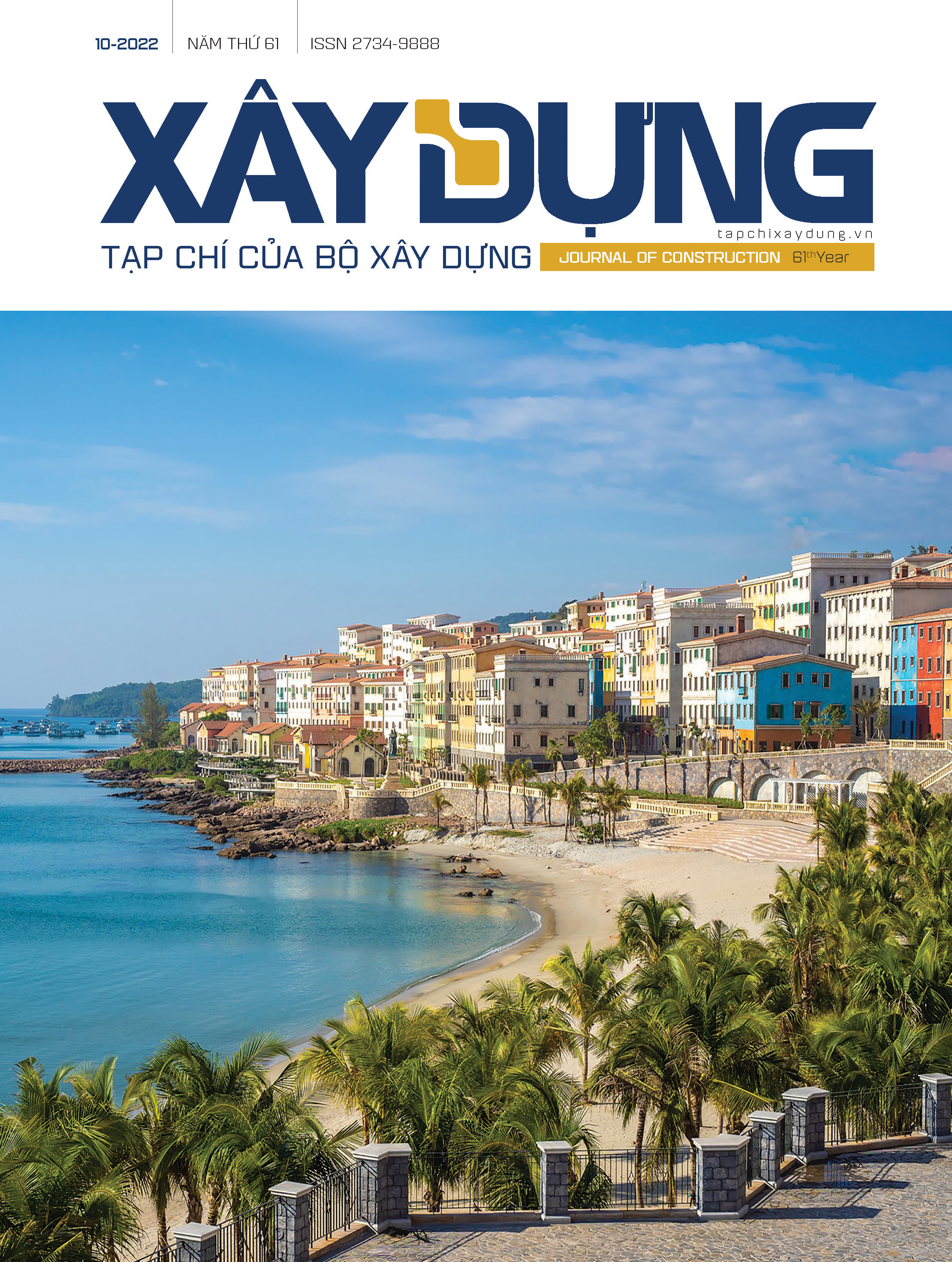Risk Allocation Using Revenue Option for Financial Management of BOT Infrastructure Projects in Vietnam
Abstract
Putting The number of road transportation infrastructure projects under the form of BOT (build-operate-transfer) has been declining recently in Vietnam. The key reason is that the risk of investing in those projects is relatively high while the financial supports from the state are limited, and the project's revenue may not meet the expectation from project's initial financial plan. The Vietnamese Law on Investment in the form of Public-Private-Partnerships (PPP) regulates risk sharing for the revenue shortage and excess of the defined project's financial plan when the revenue fluctuated. This paper highlights the potential of using option theory to analyze and assess how the two parties in the BOT contract share the revenue risk. The state and investors have the right (without obligation) to utilize their choices for risk sharing at certain revenue
levels. In order to balance and harmonize the benefits of both parties, the paper examines the parties' risk-sharing model by determining the thresholds of revenue. This is done by estimating option values using the probabilistic cash flow approach. The paper findings support the state and investors in minimizing revenue risks in the financial plan of BOT contract, contributing to the BOT project's success.
Keyword: BOT contract; option theory; risk sharing.

